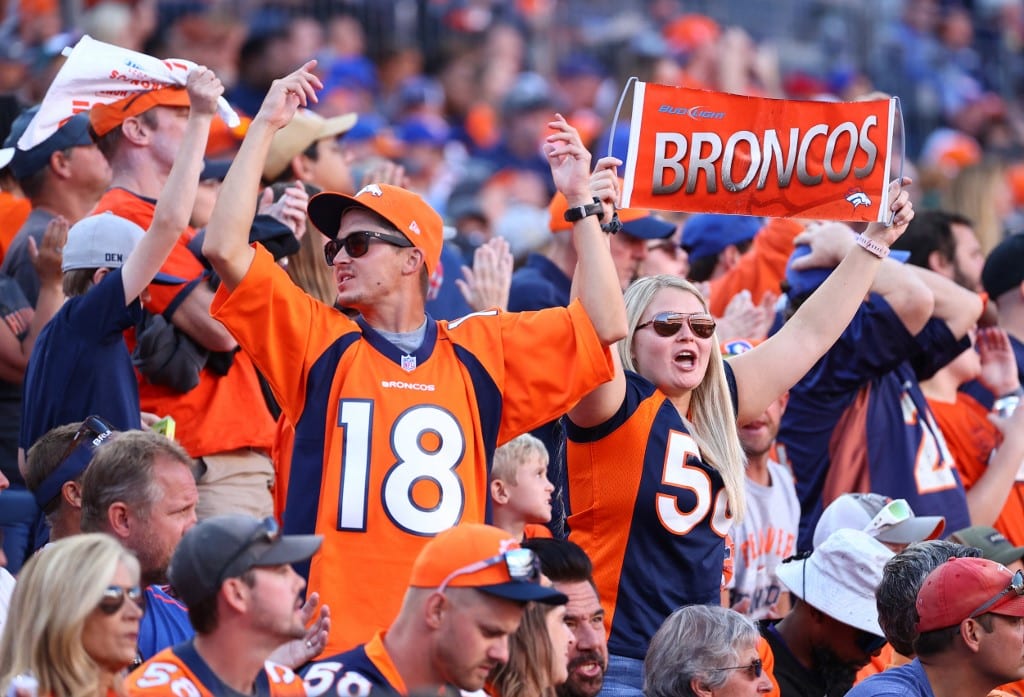
Responsible gambling is among the American Gaming Association’s top priorities, but so too is getting regulators to form opinions concerning sweepstakes companies. These companies often mimic sportsbooks but are not taxed, licensed, or held to the same high standards.
Critical Issue
The American Gaming Association (AGA) believes that clarifying where sweepstakes companies legally stand in the United States will benefit the gaming industry both today and in the future. The senior vice president of government relations at the AGA, Chris Clyke, has joined the Indiana Gaming Association in their crusade to combat sweepstakes companies and free sportsbooks.
“I do think this is a really critical issue for the gaming industry,” Cylke said during an IGA webinar earlier this week. “How these issues play out over the next couple of years, I think, will have a fundamental impact on what this industry looks like decades from now. It’s critically important that we get this right.”
“The biggest goal here is clarity,” Cylke added. “Even if the determination is that these (sweepstakes games) are on the up and up, at least that will give folks in California, the tribes, or commercial operators, it will let you know where you stand and make an informed decision on whether you want to get involved in this space. Whether you want to go and change the law to make it clear that this is all a ruse. It will give you options.”
In August, the AGA called on state regulators to prohibit sweepstakes companies from doing business within their jurisdiction and stated these rogue companies operate without the necessary regulatory controls, like vetting age requirements and lacking self-exclusion protocols—both requirements demanded of licensed sportsbooks.
“Gaming regulators and state attorneys general should investigate companies or platforms that offer casino games or a form of sports betting under the ‘sweepstakes’ model to determine whether or not these operators are in compliance with their respective laws and regulations and take appropriate action if not,” the AGA wrote in the August memo sent to regulators.
Michigan Takes Action
Michigan gaming regulators have been proactive when it comes to issuing cease and desist letters to gaming platforms that are not licensed and do not pay taxes. We saw it earlier this year when Australian-based Virtual Gaming Worlds fell into the Michigan regulators’ crosshairs due to its brands, Stake.us and PredictionStrike, operating without a license in the Wolverine State.
“Gambling regulations are in place for a reason, and illegal gambling operations are not welcome in Michigan,” MGCB Executive Director Henry Williams said.
“We do not want businesses who skirt the law having access to Michigan citizens and leaving them vulnerable because they are playing on unregulated sites that leave them with no recourse, and that siphon funds away from communities because they are not paying taxes like a regulated, legal gambling establishment would,” Willaims added.
The cease-and-desist letter stated the companies violated the Lawful Internet Gaming Act, Lawful Sports Betting Act, Michigan Gaming Control and Revenue Act, as well as the Michigan Penal Code. The three main transgressions were as follows:
- Offering internet gaming and internet sports betting in Michigan without being licensed in the state as an internet gaming operator and a sports betting operator (PredictionStrike).
- Promoting an unlicensed online lottery and/or raffle for customers that buy its products through its internet website (Stake.us).
- Conducting illegal gambling by offering an internet game in which a player wagers something of monetary value for the opportunity to win something of monetary value (VGW).
All three companies have abided by the demand and have banned Michigan players from their respective sites.






